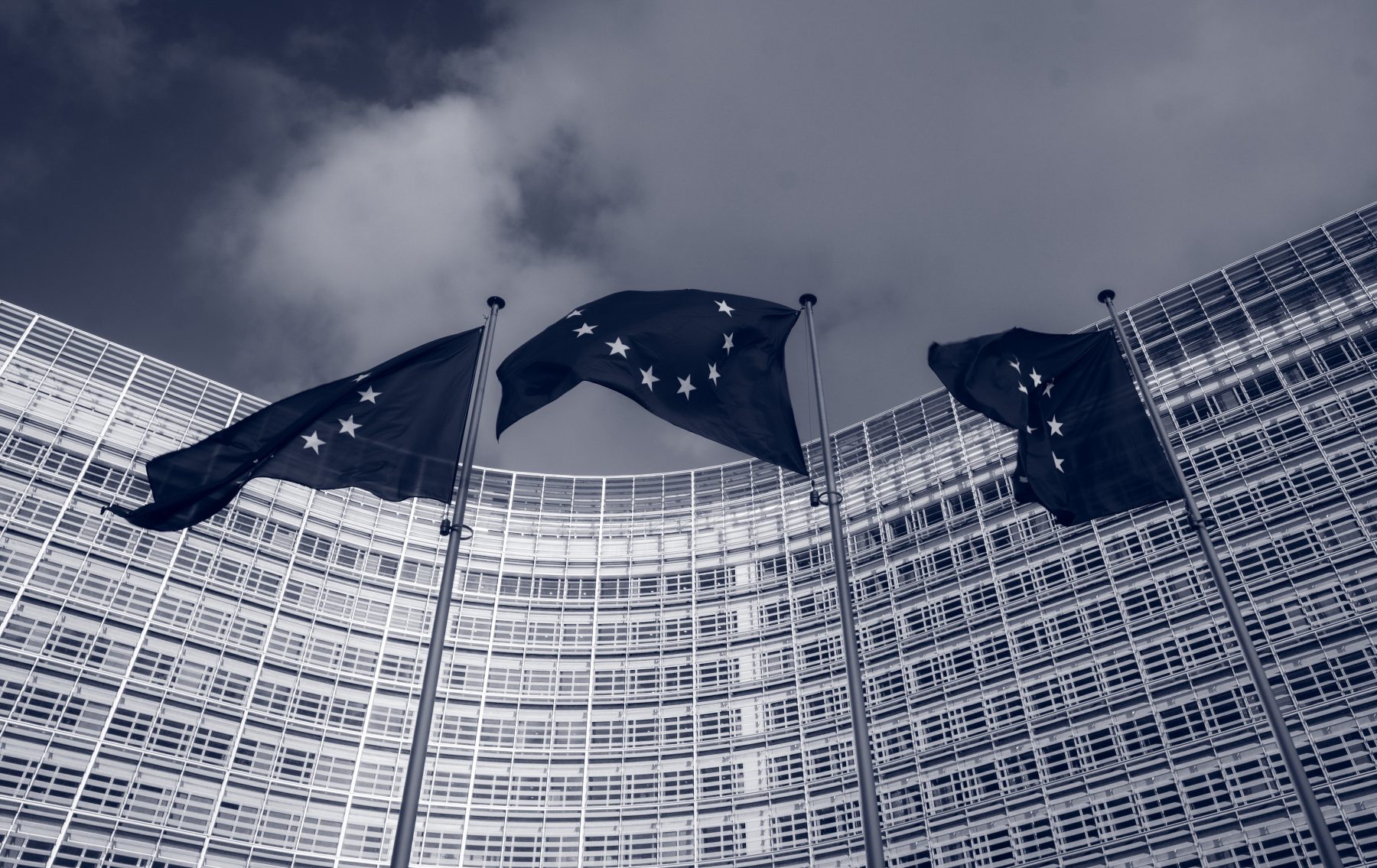The next adoption of new rules on the obligation of diligence of companies in the European Union could generate conflicts with the objectives of promoting supplies. Parliament and Council are close to an agreement on this proposal, called Corporate Sustainability Due Diligence, which aims to impose sustainability obligations on European companies.
The proposal, originating last year from the European Commission, aims to enforce human rights and environmental standards along global value chains. From the elimination of child labor to pollution mitigation, companies will be required to integrate due diligence into their decisions and monitor its effectiveness, with sanctions for non-compliance.
The negotiation between Parliament and Council highlights many open issues, including the definition of application thresholds in terms of turnover or number of employees. The discussion also concerns the possible inclusion of smaller companies, usually exempt, and the possibility of linking variable executive compensation to sustainability goals.
The European Parliament, represented by Dutch socialist rapporteur Lara Wolters, proposes ambitious goals, seeking to extend the scope of the directive and broaden the definition of the value chain. The challenge is to integrate coherent policies without conflicting with other regulations, such as those on raw materials or rare earths.
Impact on the Italian Automotive Industry.
The Italian automotive industry, committed to transitioning to electric vehicles with the goal of zero emissions by 2035, is subject to intense regulatory changes. The European Directive on Sustainability Due Diligence requires companies to assess environmental and social risks in production processes and value chains. Additionally, the Trilogue must decide on the Euro 7 regulation for cars, vans, and heavy vehicles, including measurements of brake and tire emissions. Companies, including the 2,167 auto component businesses, seek technological neutrality, but the EU focuses on electric vehicles. The TEA Observatory highlights that 80% of companies embrace the electric challenge, but 20% foresee negative impacts on employment and products. Overall, a 0.6% increase in employment in the sector is expected by 2027, but many companies report difficulties in finding the necessary skills.
Impact on the Ceramic Sector.
The Directive on Sustainability Budget (CSRD) is heavily impacting the ceramic district of Sassuolo, where about fifty companies will be required to integrate annual communications from 2026. This is significant considering that the 128 Italian companies in the sector, leaders in global tile exports, employ 19,000 people and generate a turnover of 7.2 billion euros. The Corporate Sustainability Due Diligence Directive (CSDD) raises concerns in the sector, as, according to Vittorio Borelli, a counselor for Confindustria Ceramica, it imposes excessive responsibilities on independent and uncontrollable entities. Borelli emphasizes the need for clear and feasible rules: concern arises from European reporting standards, which, according to Borelli, require improper and implausible efforts.
Concerns in the Steel Sector.
Proposals on Corporate Sustainability Due Diligence (CSDD) risk complicating the transition of the steel sector, requiring more resources and generating asymmetries among European countries. Federacciai expresses concern about the potential damage to the European sustainability package and to medium and small-sized enterprises. The general manager, Flavio Bregant, criticizes acceleration through the “trilogue,” emphasizing the need to work with competence and adequate procedures. Overregulation and haste threaten the competitiveness of companies, despite Italian leadership in sustainability. Concerns include the exclusion of ferrous scrap from the Critical Raw Materials Act, jeopardizing the essential supply for the decarbonization of the steel industry in Europe.
The new European directive on corporate due diligence represents a significant step toward promoting sustainability, but it is crucial to balance concrete goals with the practicality of rules and to avoid creating negative impacts on sectors already in transition.



